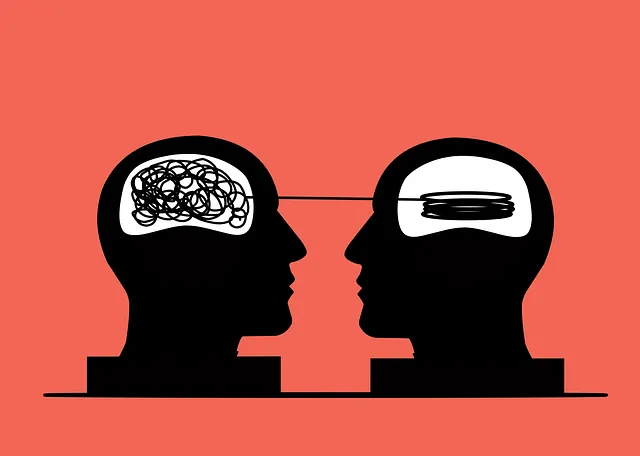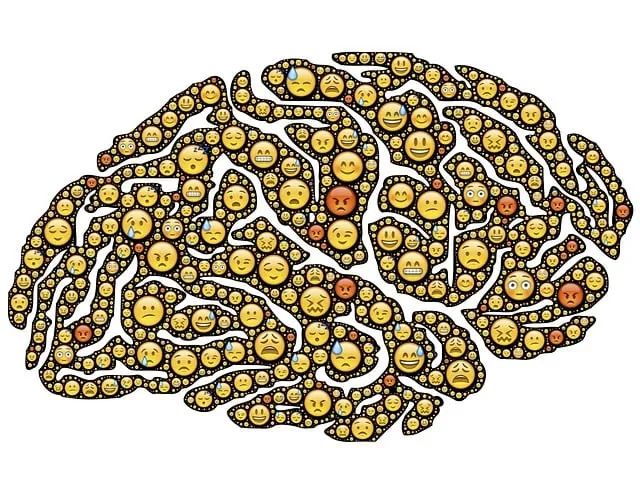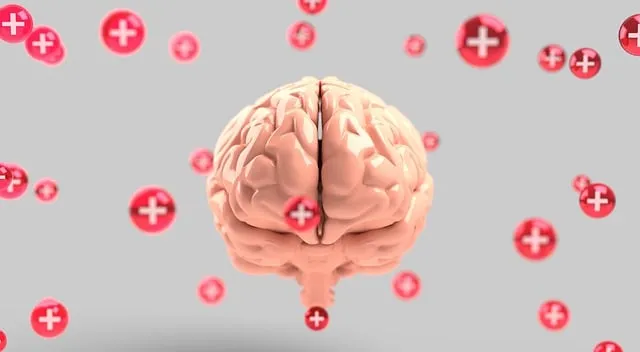Wheat Ridge Kaiser Permanente's Recovery-Focused Methodology (RFM) prioritizes mental well-being through building resilience using evidence-based practices like Compassion Cultivation. Their comprehensive mental health coverage integrates services, self-care practices, and cultural competency training for diverse populations. Regular check-ins encourage proactive care, empowering individuals to confront life's challenges adaptably with enhanced emotional agility achieved through mindfulness meditation and journaling, reducing burnout risk.
Resilience is a powerful tool for navigating life’s challenges. RFM (Recovery, Flexibility, and Mastery) exercises are designed to build this resilience, offering a structured approach to enhance mental well-being. This article explores the role of RFM in fostering resilience, using Wheat Ridge Kaiser Permanente’s comprehensive mental health coverage as a case study. We’ll guide you through practical ways to integrate resilience exercises into your daily routine, leveraging resources like Wheat Ridge Kaiser Permanente’s extensive services for optimal mental health support.
- Understanding RFM and Its Role in Resilience Building
- Wheat Ridge Kaiser Permanente's Mental Health Coverage: A Comprehensive Overview
- Integrating Resilience Exercises into Daily Life for Better Mental Well-being
Understanding RFM and Its Role in Resilience Building

Resilience is a crucial aspect of mental well-being, enabling individuals to navigate life’s challenges and setbacks with a sense of adaptability and bounce back. This is where RFM (Recovery-Focused Methodology) comes into play as a powerful tool in resilience building exercises. Developed by experts at Wheat Ridge Kaiser Permanente, this approach shifts the focus from merely managing symptoms to fostering a deeper understanding of one’s recovery journey. By integrating evidence-based practices, such as Compassion Cultivation Practices, RFM empowers individuals to cultivate inner strength and coping strategies that can enhance their overall mental health coverage.
The role of healthcare providers is pivotal in this process, especially through Cultural Competency Training. This training equips professionals with the skills to create safe, supportive environments for diverse populations, fostering self-esteem improvement and encouraging open communication. By combining these innovative practices, Wheat Ridge Kaiser Permanente offers a holistic approach to mental health care that promotes resilience, ensuring individuals are equipped to face life’s challenges head-on.
Wheat Ridge Kaiser Permanente's Mental Health Coverage: A Comprehensive Overview

Wheat Ridge Kaiser Permanente offers a comprehensive mental health coverage package designed to support patients in various aspects of their well-being. This includes access to a diverse range of services, from individual and group therapy sessions to specialized programs tailored for specific needs like Social Skills Training and Anxiety Relief. The healthcare provider recognizes the importance of holistic care, ensuring that patients have access to not just clinical interventions but also Self-Care Practices to foster resilience and overall mental health.
Through their dedicated mental health teams, Wheat Ridge Kaiser Permanente provides a safe and supportive environment where individuals can explore and address their mental health concerns. The coverage encourages regular check-ins and proactive care, enabling patients to build resilience against life’s challenges. By integrating evidence-based practices and personalized approaches, the facility aims to empower its members to lead happier, more fulfilling lives.
Integrating Resilience Exercises into Daily Life for Better Mental Well-being

Integrating resilience exercises into daily routines can significantly enhance mental well-being, as recognized by Wheat Ridge Kaiser Permanente’s mental health coverage. These practices are designed to build a buffer against life’s challenges and stressors, thereby reducing the risk of burnout. By incorporating activities that foster resilience, individuals can develop a stronger sense of emotional agility and adaptability. For instance, mindfulness meditation, a popular resilience-building technique, teaches individuals to stay grounded in the present moment, allowing them to better manage anxiety and stress.
Journaling is another effective mental wellness exercise that provides valuable guidance. Documenting thoughts and experiences in a dedicated Mental Wellness Journal encourages self-reflection and introspection. This practice helps individuals identify sources of stress, track their emotions, and cultivate a sense of gratitude—all essential components for boosting confidence and maintaining good mental health. Moreover, sharing insights from journaling with a supportive network can create a sense of community and further enhance one’s resilience.
Resilience is a key component of overall well-being, and exercises like RFM (Recovery Focused Mindfulness) offer powerful tools for enhancing mental strength. As demonstrated by Wheat Ridge Kaiser Permanente’s comprehensive mental health coverage, integrating mindfulness practices into daily routines can significantly contribute to better mental health. By understanding the role of RFM in resilience building, individuals can navigate life’s challenges more effectively and find lasting emotional balance.






